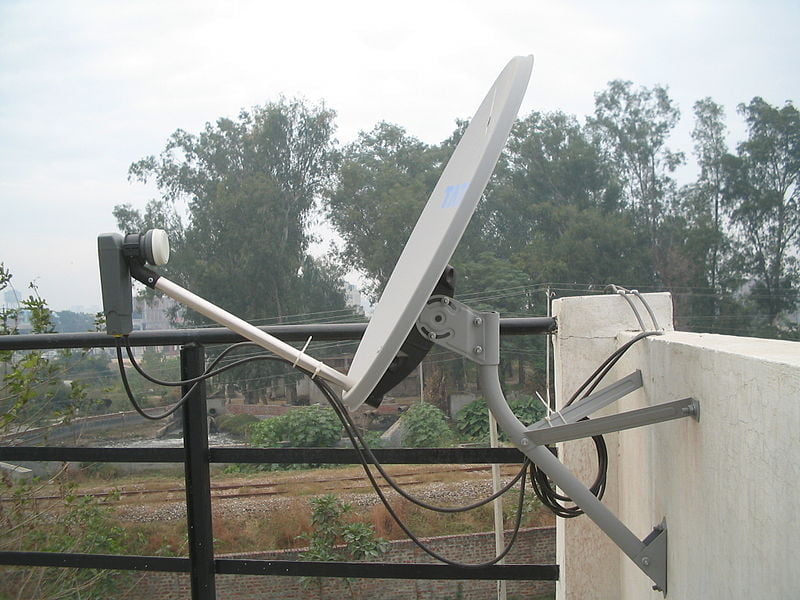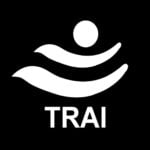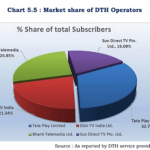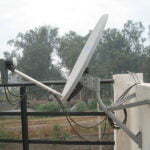Broadband India Forum (BIF) in a reply to TRAI consultation paper on ‘Tariff related issues for Broadcasting and Cable services’ dated 16th August suggested to do away with Network Capacity Fee (NCF) for consumers’ interest.
BIF told that consumers are very unhappy with the New Tariff Order (NTO) because they have to pay Rs. 130/- plus GST as NCF. In addition, the DPOs charge broadcasters carriage fee for carrying their channels, they are also liable to pay 0.20 paise carriage fee per SD channel per subscriber, and 0.40 paisa per HD channel per subscriber.
This results in double-dipping because both consumers and subscribers are charged for infrastructure usage which puts an additional burden on them. This practice is not followed in any other sector and hence BIF suggested to the Authority that NCF should be scrapped in the best interests of consumers.
BIF asked TRAI for a light-touch regulatory approach. They stated that in a consultation paper released in 2017 TRAI itself recognised the importance of light-touch regulations and tariff forbearance in the telecom sector. BIF urged to adopt the same regulatory approach in the broadcasting sector also.
The Forum requested TRAI to take steps to create regulatory certainty for cable and broadcasting sector, and leave aspects such as tariff, discounting, cable rentals, etc. to prevailing market forces.
BIF asked the regulator to adopt the practice followed in the Telecom sector, where no restrictions have been imposed on bundling of voice, data, SMS. They suggest that the broadcasting sector should also be allowed to freely bundle the TV channels, keeping the overall consumer interest in mind. They requested to permit that channel bundling to be determined by the market forces so that consumers are able to enjoy services at the lowest possible price.
BIF also requested to make provision for interoperability of set-top boxes used by the DPOs, which will allow consumers greater choice of not only selecting the TV channels they want to watch but also opting for the services of a DPO of their choice.
The forum noted that lowering the infrastructure costs involved in setting up Digital Infrastructure (Broadband capable infrastructure) is the need of the hour. This can be done by utilizing the already existing “last mile” carriage infrastructure laid down over the decades, upgrade it and open it to any party interested in utilizing the same for provisioning broadband services to the masses.
BIF stated that the authority is stringent with Telcos which are required to submit Performance Key Quality of Service Parameters, Financial Reports, Performance Indicator Reports and Telecom Subscription Reports to gauge their performance, while none of these obligations are imposed on the DPOs.
BIF urged TRAI to take strict action on those MSOs and LCOs against whom show cause notices are issued for non-compliance with the provisions of Quality of Service regulation 2017. Similar to telecom, TRAI should impose performance monitoring mechanisms on DPOs, to do away with the last mile throttling by the DPOs in the broadcasting sector, the forum suggested.








